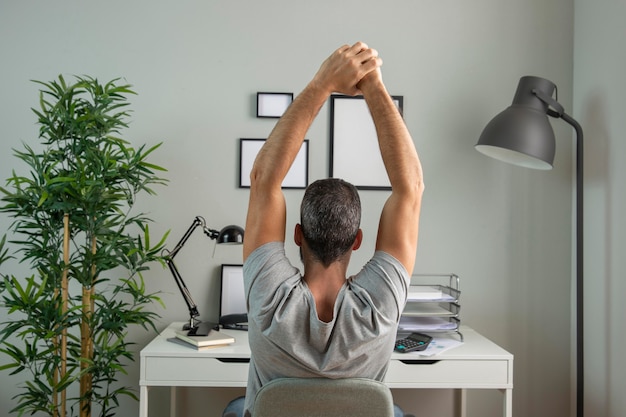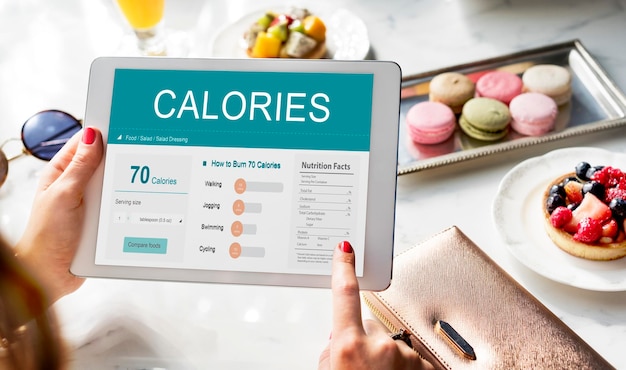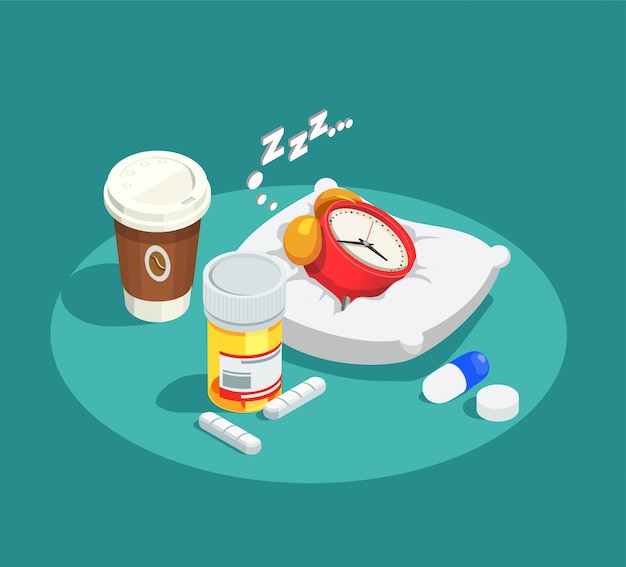Do you wake up tired, struggle through the afternoon, and feel too drained to enjoy your evenings? You're not alone. Millions of people battle low energy every day, often without realizing that small, everyday habits are silently sabotaging their vitality.
The good news? Most energy-sapping mistakes are fixable with simple, coach-style adjustments. In this guide, we’ll uncover eight common pitfalls that could be dragging you down — and give you practical, science-backed solutions to help you feel more energized, focused, and alive.
Many people either skip breakfast or reach for sugary cereals, pastries, or fruit juice. While these options may give a quick spike in energy, they lead to a crash within an hour.
💡 Coach-Style Pointer: Your brain and body need steady fuel after an overnight fast. A breakfast rich in protein, healthy fats, and fiber stabilizes blood sugar and sustains energy.
✅ Easy Modification: Swap sugary breakfasts for options like Greek yogurt with nuts and berries, scrambled eggs with avocado, or oatmeal with chia seeds and almond butter.

Your body is over 60% water, and even slight dehydration can reduce alertness, impair concentration, and cause fatigue.
💡 Coach-Style Pointer: Don’t wait until you’re thirsty. By then, you’re already dehydrated. Chronic low fluid intake is a silent energy killer.
✅ Easy Modification: Start your day with a glass of water. Carry a reusable water bottle and set hourly reminders to sip. Add lemon or cucumber for flavor if plain water feels boring.
It’s not just about how much you sleep — it’s about how well you sleep. Scrolling before bed, irregular sleep times, and caffeine late in the day all disrupt sleep quality.
💡 Coach-Style Pointer: Consistency is key. Your body thrives on routine. A stable sleep-wake schedule regulates your circadian rhythm and improves energy levels.
✅ Easy Modification: Create a wind-down routine: dim the lights, avoid screens 60–90 minutes before bed, and try reading or light stretching. Aim for 7–9 hours nightly.
Long periods of sitting slow circulation, reduce oxygen flow, and make you feel sluggish. This is especially true after meals.
💡 Coach-Style Pointer: Movement is medicine. Even light activity boosts circulation and mental clarity.
✅ Easy Modification: Set a timer to stand or walk for 2–5 minutes every hour. Take walking meetings, park farther away, or do a 10-minute stretch break midday.

White bread, pasta, pastries, and sugary snacks cause blood sugar spikes and crashes. This rollercoaster leads to fatigue, brain fog, and cravings.
💡 Coach-Style Pointer: Choose complex carbs with fiber to release energy slowly and maintain steady energy levels.
✅ Easy Modification: Replace white rice with quinoa, swap soda for sparkling water with fruit, and choose whole-grain bread over refined versions.
Shallow, rapid breathing reduces oxygen delivery to your brain and muscles, leading to tension and low energy.
💡 Coach-Style Pointer: Deep, diaphragmatic breathing activates your parasympathetic nervous system, reduces stress, and increases alertness.
✅ Easy Modification: Practice 4-7-8 breathing: inhale for 4 seconds, hold for 7, exhale slowly for 8. Do this for 2–3 minutes when feeling tired or stressed.
Cardio gets attention, but skipping strength training means missing out on long-term energy boosts. Muscle mass improves metabolism and endurance.
💡 Coach-Style Pointer: Stronger muscles use oxygen more efficiently and support better posture, reducing fatigue from strain.
✅ Easy Modification: Start with bodyweight exercises (squats, push-ups, lunges) 2–3 times a week. Gradually add resistance bands or dumbbells.

Constant stress keeps your body in 'fight or flight' mode, depleting energy reserves and disrupting sleep, digestion, and hormone balance.
💡 Coach-Style Pointer: Energy isn’t just physical — it’s mental and emotional. Recovery is as important as effort.
✅ Easy Modification: Schedule 10 minutes daily for mindfulness, journaling, or nature walks. Learn to say no to non-essential tasks that drain your time and focus.
Feeling more energetic isn’t about drastic overhauls. It’s about identifying the hidden habits that drain you — and making consistent, manageable changes.
Start with one or two of these fixes. Track how you feel over a week. Small wins build momentum. Over time, these adjustments compound into lasting energy, focus, and well-being.
You don’t have to live tired. Take back your energy — one smart change at a time.

Wellness

Wellness

Wellness

Wellness

Health

Wellness

Wellness

Health

Wellness

Wellness

Health

Wellness

Health

Fitness

Health

Health